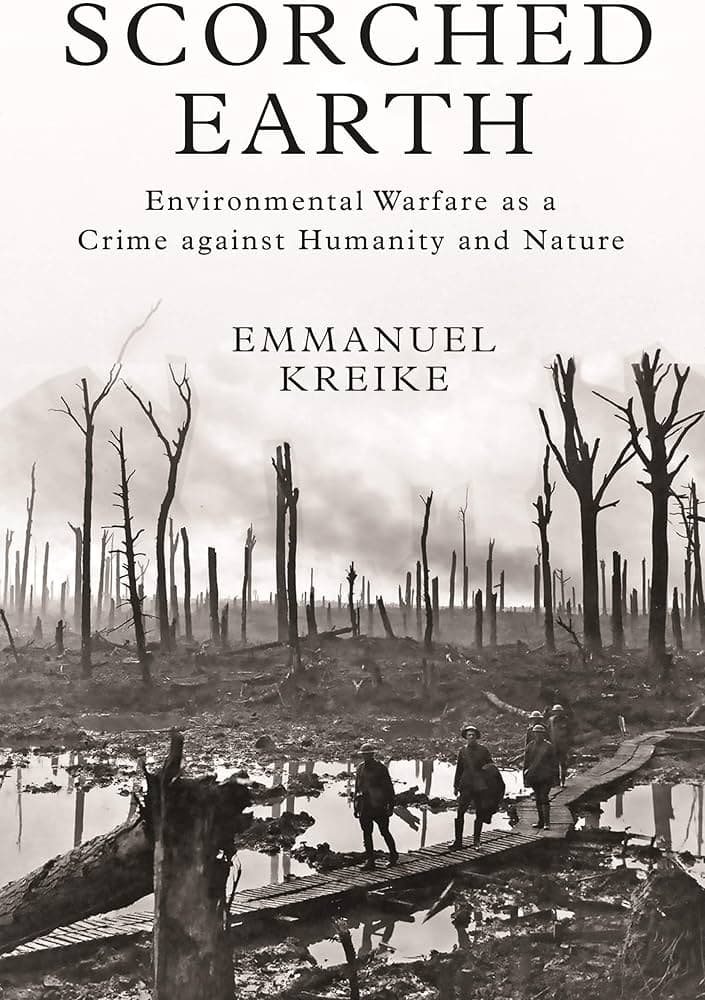International Law Condemns 'Scorched Earth' Tactics Coupled with Atrocities During Retreat

A recent query on social media, posted by user GeroDoc, highlighted a grim aspect of warfare, asking: > "What is it called in warfare when you know you’ve lost and as you retreat you pillage, rape, burn & salt the earth as you do so?" This scenario describes a confluence of military strategy and severe war crimes, primarily known as a "scorched earth" policy coupled with widespread atrocities against civilian populations.
A scorched-earth policy is a military strategy where a retreating army destroys anything that might be useful to the enemy, including food sources, infrastructure, communications, and industrial resources. This tactic aims to deny the advancing enemy vital supplies and shelter, hindering their progress and demoralizing their forces. While historically employed for strategic advantage, its implementation often has devastating consequences for civilians.
However, the actions described in the tweet — "pillage, rape, burn & salt the earth" beyond military necessity — extend far beyond a permissible military strategy. Pillage, defined as the unlawful appropriation of public or private property, and rape, a severe form of sexual violence, are explicitly categorized as grave breaches of the Geneva Conventions and serious war crimes under international law. The extensive destruction and appropriation of property not justified by military necessity also falls under this purview.
The Rome Statute of the International Criminal Court (ICC) codifies many of these violations, ensuring individual criminal responsibility for those who commit such acts. These provisions apply to both international and non-international armed conflicts, emphasizing the universal condemnation of such conduct. When retreating forces, knowing defeat is imminent, engage in these actions, it reflects a breakdown of discipline, a deliberate act of terror, or a final punitive measure against the civilian population.
Such acts are not merely tactical decisions but profound violations of human rights and the laws of armed conflict. The international community, through various conventions and tribunals, consistently seeks to hold perpetrators accountable for these atrocities, regardless of the military context or the perceived inevitability of defeat.